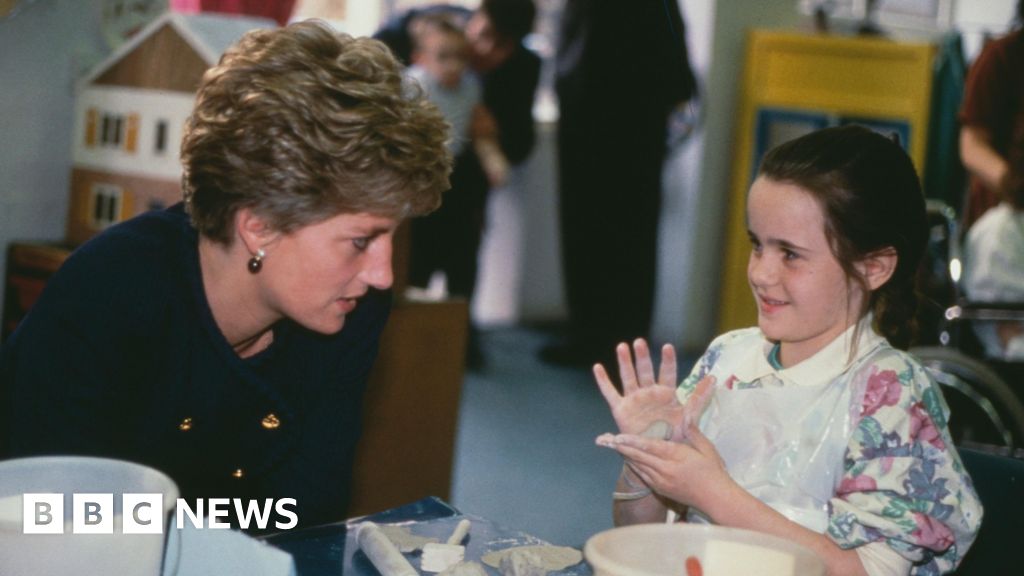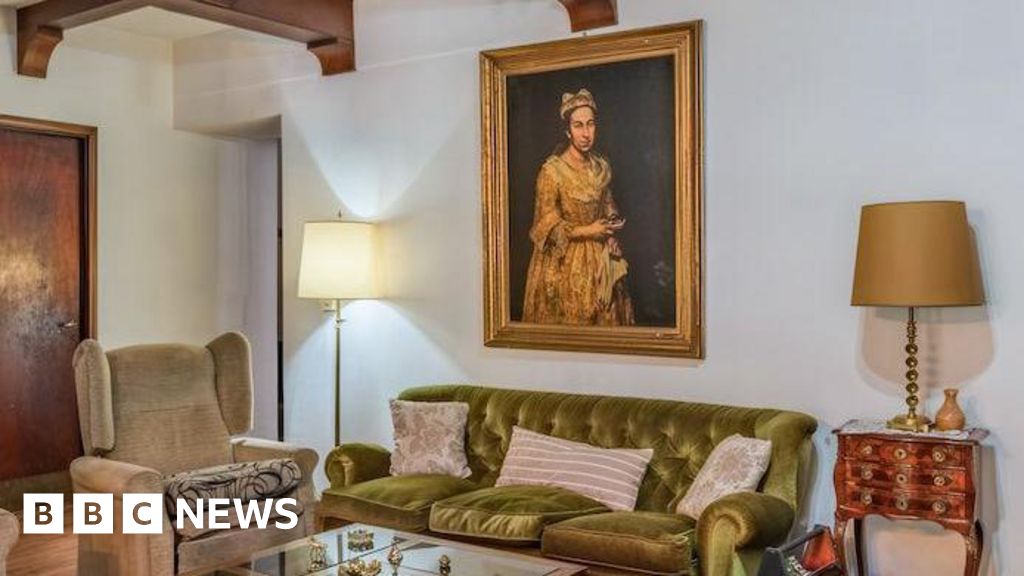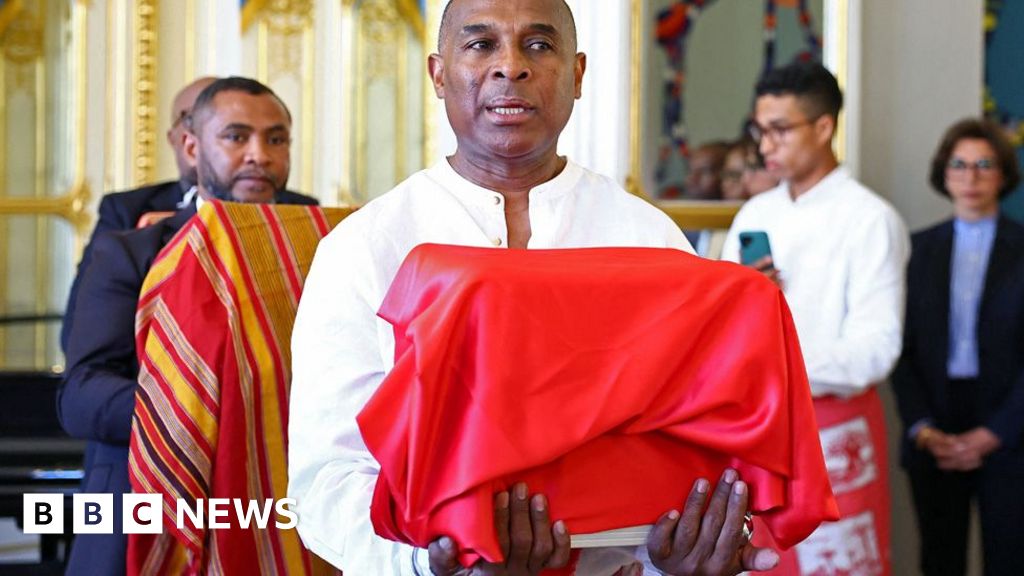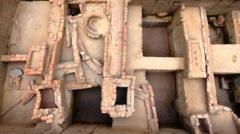In a quiet corner of Wroclaw, Poland, a couple named Daniel and Victoria Van Beuningen have recently moved into a villa shrouded in mystery and history. Previously unoccupied, the villa’s abandoned state belied its rich past as a home during a time when the city was part of Germany and known as Breslau. Though many details of its history remained undisclosed, local lore hinted at its link to Communist propaganda.
Intrigued by their new home, the Van Beuningens embarked on a quest to uncover its history, which ultimately led them to the elderly Meinecke siblings in Heidelberg, Germany. Their visit revealed both memories of joyful times and a solemn warning—remains of German soldiers might be buried somewhere within the villa's grounds.
Their house became a site of unexpected archaeological interest when Daniel stumbled upon a Nazi-era helmet while digging a trench. This find raised alarm and curiosity, prompting Victoria to receive an unexpected visit from an archaeologist. He brought concerning news: their property was documented as a “war cemetery.” With such evidence, the couple felt an overwhelming need for further investigation.
The excavation of the grounds could yield more than just skeletons; it will dig up complex issues related to memory, legacy, and the moral responsibilities that accompany such discoveries. As nations like Germany confront their darker pasts, they are faced with the difficult task of how to handle the remains and memories of those who once instigated horrors. These discoveries force contemporary societies to reconcile with the legacies of their predecessors, forcing them to redefine the ways they honor or address the buried histories within their borders.
As Europe’s memories of World War II continue to shape modern identity, inquiries into sites like the Van Beuningen villa provoke vital discussions about ethics and remembrance that reverberate across generations. How societies choose to remember, rebury, or ignore their pasts has implications not only for their histories but also for the future they wish to build.
Intrigued by their new home, the Van Beuningens embarked on a quest to uncover its history, which ultimately led them to the elderly Meinecke siblings in Heidelberg, Germany. Their visit revealed both memories of joyful times and a solemn warning—remains of German soldiers might be buried somewhere within the villa's grounds.
Their house became a site of unexpected archaeological interest when Daniel stumbled upon a Nazi-era helmet while digging a trench. This find raised alarm and curiosity, prompting Victoria to receive an unexpected visit from an archaeologist. He brought concerning news: their property was documented as a “war cemetery.” With such evidence, the couple felt an overwhelming need for further investigation.
The excavation of the grounds could yield more than just skeletons; it will dig up complex issues related to memory, legacy, and the moral responsibilities that accompany such discoveries. As nations like Germany confront their darker pasts, they are faced with the difficult task of how to handle the remains and memories of those who once instigated horrors. These discoveries force contemporary societies to reconcile with the legacies of their predecessors, forcing them to redefine the ways they honor or address the buried histories within their borders.
As Europe’s memories of World War II continue to shape modern identity, inquiries into sites like the Van Beuningen villa provoke vital discussions about ethics and remembrance that reverberate across generations. How societies choose to remember, rebury, or ignore their pasts has implications not only for their histories but also for the future they wish to build.





















